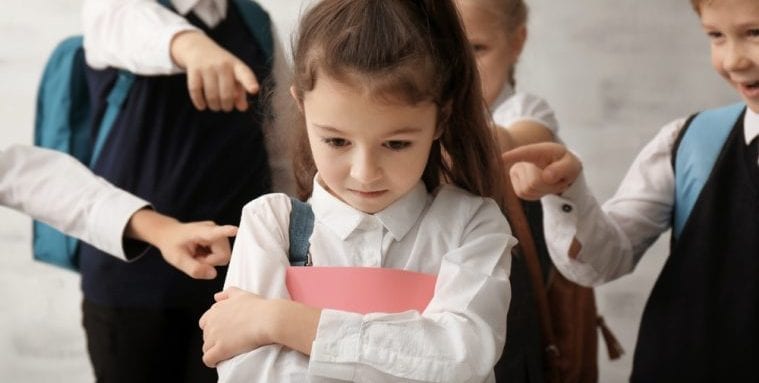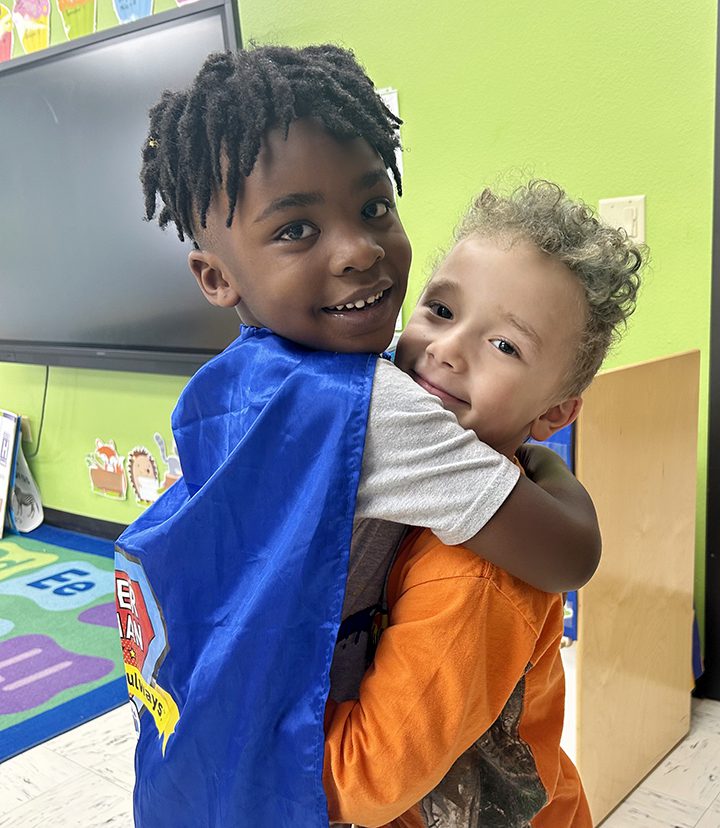Why Words Hurt More Than Sticks and Stones
September 30, 2019

Growing research shows that social and emotional trauma in childhood rewires the brain and contributes to PTSD, depression, and substance abuse in adulthood.
As children, many of us learned to protect our feelings with the mantra, “Sticks and stones may break my bones, but words can never hurt me.”
Unfortunately, this stock response to playground jeering simply isn’t true. Words do hurt and as recent research suggests, they can have more serious and lasting consequences than physical violence.
How Words Hurt
Many people assume inflicting bodily harm is unlike saying unpleasant things to them. This assumption turns out to be misleading. Although we can distinguish between the actions of physical violence and social rejection in conversation, our brains don’t register the difference. In fact, a study conducted by Ethan Kross found viewing the picture of an ex who dumped the subject, activated the same pain-processing brain circuitry as being exposed to uncomfortable pain.
Worse, verbal abuse can leave lasting scars. The Spanish novelist Carlos Ruiz Zafón rightly observed, “The words with which a child’s heart is poisoned, whether through malice or through ignorance, remain branded in his memory, and sooner or later they burn his soul.” A growing trove of research indicates social and emotional trauma in childhood rewires the brain and contributes to PTSD, depression, and substance abuse in adulthood.
What makes cruel words so devastating and hard to erase? While it’s hard to know for sure, psychologists point out that negative experiences impact us more than positive ones. We remember an event that caused us great pain with far greater acuity than we do a good interaction. Marriage counselor John Gottman famously showed from clinical research that it takes five complimentary words to balance out the weight of one nasty one.
Building a Culture of Respectful Words in Schools
These are sobering observations for teachers, parents, and children concerned about bullying in schools. The painful truth is that verbal abuse and cyber-bullying need to be taken just as seriously as physical bullying.
To make a real difference, we need to help all students understand the power of their words to build up and not tear down, no matter if they’re just starting school or teenagers. They may not realize just how much damage cruel teasing can do. We must teach the lessons of verbal responsibility and instill that positive language holds power.
That means we need to nurture kind, encouraging speech in our children. If Gottman is right about a 5:1 ratio of positive to negative comments for developing healthy relationships, we have to do everything we can to make sure our children make a habit of speaking respectfully to each other. These positive interactions will give them a grounding self-image to help them withstand the verbal onslaughts they’re bound to encounter as they grow up.
So, maybe it’s time for a new playground mantra: “Sticks and stones may break my bones, and words can really hurt me. We won’t stand for hurtful words; no! Let’s speak kindness, always.”
Respectful Ways![]() offers social-emotional learning programs for three grade levels: PreK-2, 3-5, and 6-12. Counselors and educators use interactive, digital modules to teach compassion, perseverance, respect and responsibility, as well as Conflict Resolution, Emotional Regulation, Mental Health, Personal Safety, and Trauma-Affected Students.
offers social-emotional learning programs for three grade levels: PreK-2, 3-5, and 6-12. Counselors and educators use interactive, digital modules to teach compassion, perseverance, respect and responsibility, as well as Conflict Resolution, Emotional Regulation, Mental Health, Personal Safety, and Trauma-Affected Students.
This entry was posted in SEL News and tagged bullying, sel, trauma. Bookmark the permalink.



 Our 1st graders loved the Be Kind: It Feels Good course. The Kindness Hunt and bucket filling activities were the best. Very engaging.
Our 1st graders loved the Be Kind: It Feels Good course. The Kindness Hunt and bucket filling activities were the best. Very engaging. The Bored, Get Creative module was perfect for our 4th graders pre-winter break. We talked about things they could do if “bored”.
The Bored, Get Creative module was perfect for our 4th graders pre-winter break. We talked about things they could do if “bored”.